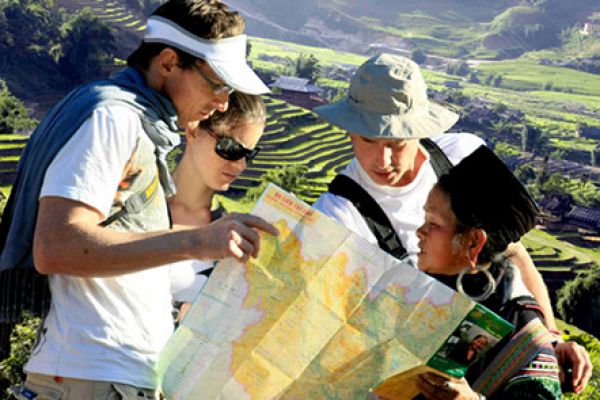
Impressive finish
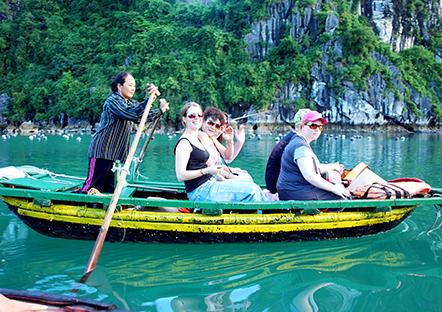
According to statistics of the General Department of Tourism, in November, the number of international visitors to Vietnam reached 926,642, a year-on-year increase of 24.9%. The country welcomed more than nine million foreign arrivals in the first eleven months of this year, up 25.4% against the same period last year; as well as served 57.5 million domestic tourists. The total turnover of the tourism sector in this period was estimated at VND368.6 trillion, a year-on-year increase of 18.6%. These are the highest figures that the Vietnamese tourism industry has gained thus far.
At a recent seminar on building the communications strategy framework for the Culture, Sports and Tourism sector for 2017-2020 period, Deputy General Director of Tourism General Department Ngo Hai Chung said that in December, Vietnam is likely to welcome its ten-millionth tourist for the first time in the history of the country’s tourism industry and record total earnings of VND400 trillion (US$18 billion) from tourism. The figure was set for 2020 under the Strategy for Vietnamese tourism development by 2020, with a vision to 2030; thus, the tourism industry is likely to reach the target four years early and 2016 will become a milestone marking the growth of the industry by leaps and bounds.
The impressive figures are the results of many factors, including the drastic direction of the Government and the Prime Minister as well as the consensus of ministries, branches and authorities at all levels. A report on the global tourism competitiveness of the World Economic Forum (WEF) in 2015 indicated that Vietnam ranked in the lowest position (112th) when being compared with other countries on the main factors of the competitiveness including supporting environment, infrastructure, natural and cultural resources, tourism policies and conditions supporting visas.
In response to this issue, the Government has issued a series of policies to remove difficulties and barriers to develop tourism. Notably, resolutions on visa exemption for citizens from the UK, France, Germany, Italy, Spain and Belarus, have created a ‘breakthrough’ for the growth of international visitors from key markets. In addition, the completion of the amended Law on Tourism, which included many new features, created a legal framework to ensure transparency and protect legitimate rights and interests of travel organizations and individuals as well as improve the efficiency of the State’s management and the competitiveness of the country’s tourism sector.
At the National Conference on Tourism Development, which was hosted by Prime Minister Nguyen Xuan Phuc in August, a number of important decisions were made, including on the policy to approve the establishment of a fund for tourism development. The fund will be used to promote Vietnamese tourism; to attract investment to develop tourism products; to train as well as develop human resources and to strengthen the institutional capacity of the tourism industry.
The policy is expected to contribute to removing difficulties related to expenditure for tourism activities in Vietnam. The PM also urged the Ministry of Public Security to implement the e-visa application and grant visas at border gates. The National Assembly has officially adopted a resolution on piloting the issuance of e-visas to foreigners starting on February 1, 2017, which has been considered a breakthrough in improving the competitiveness of the Vietnamese tourism industry in the future.
In addition, the impressive development of the “smokeless industry” in 2016, thanks to the efforts of the Vietnamese tourism sector in promoting, investing and building products to support the industry, particularly with the use of e-marketing to raise the efficiency of communications. This year, the country’s tourism sector welcomed numerous delegations of foreign enterprises and countries to learn more about destinations in Vietnam; successfully organised a number of international fairs; implemented activities in response to the National Tourism Year; hosted an international conference on tourism and sports on the framework of ABG5; and enhanced the training and development of human resources for the tourism industry.
A series of new and modern tourist accommodation and entertainment areas were put into operation this year. Many localities set out specific policies and measures to create favorable conditions for travel enterprises, while enhancing the connection between them; as well as improved transport capacity and ensured security and a friendly environment to attract visitors; and diversified products serving tourists. The General Department of Tourism also paid much attention to activities to promote Vietnamese tourism in foreign countries, including the participation of eight international tourism fairs as well as organization of programs introducing Vietnamese tourism in India, Republic of Czech, China, Chinese Taipei, Australia, Kazakhstan and Uzbekistan.
Seizing the opportunity to create a breakthrough
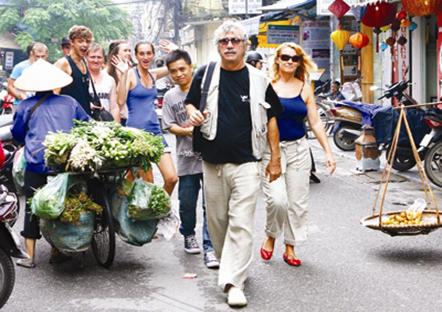
In addition to achievements, Vietnamese tourism still revealed numerous shortcomings, particularly challenges that have existed for a long time. The National Conference on Tourism Development pointed out limitations including a lack of resources and the limited efficiency of tourism promotion as well as the low-quality and professionalism of activities conducted.
According to statistics, Vietnam invested a mere US$2 million per year for promotion of national tourism destinations; meanwhile some other countries in the region invested US$80-US$100 million per year. Therefore, when the fund for tourism development is formed, the sector should have a rational strategy to transparently and effectively make use of the fund. In addition, Vietnam has not yet developed any outstanding or unique destinations to create special attraction.
The United Nations World Tourism Organisation (UNWTO) forecasted that in the near future, tourism will continue to grow in the world, particularly in the Asia-Pacific region (the estimated number of visitors is expected to reach approximately 1.8 billion by 2030). Southeast Asia is expected to stand fourth among regions attracting the most tourists. The Vietnamese tourism industry needs to rapidly innovate its operation and promote its potentials as well as thoroughly deal with limitations and shortcomings to create breakthroughs. Tourism development should become the responsibility of all ministries, branches and agencies at all levels and localities.
It is essential to focus on improving the quality of services, developing human resources and standardize tourism services and products in order to ensure not only general regulations but also the uniqueness of tourism products. The country should also pay much attention to developing transport infrastructure and strengthening inter-agency and inter-regional co-operation.
The relevant agencies need to mobilize all resources as well as connect localities and enterprises to successfully and professionally link tourism promotion activities both in the country and abroad. Google has released statistics that indicate in 2016, there were 975 million hits searching for information on Vietnamese tourism, of which 27% accounted for video content, 68% for evaluating and comparing tours and service packs, and 44% seeking the evaluation of other customers. The tourism sector should enhance promotion activities via online communication tools such as social networks and forums.
According to experts, immigration procedures should be facilitated in order to improve the competitiveness of Vietnamese tourism with other countries around the world. Notably, the Government must specifically announce visa policies to relevant agencies and travel companies, contributing to attracting more visitors from key markets.
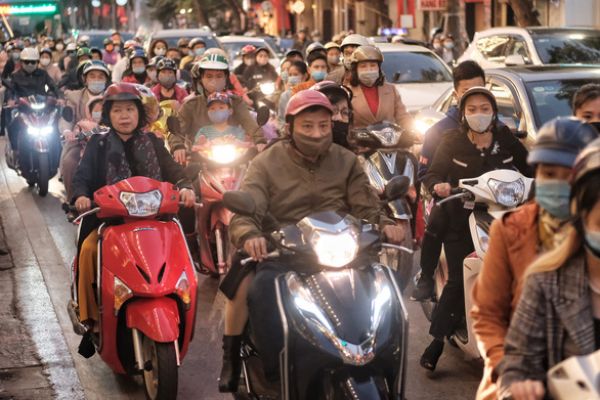
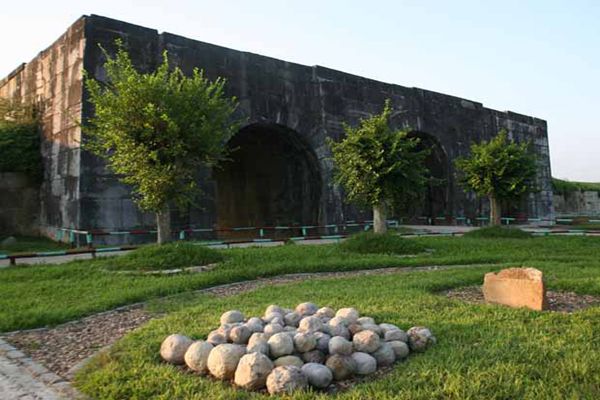
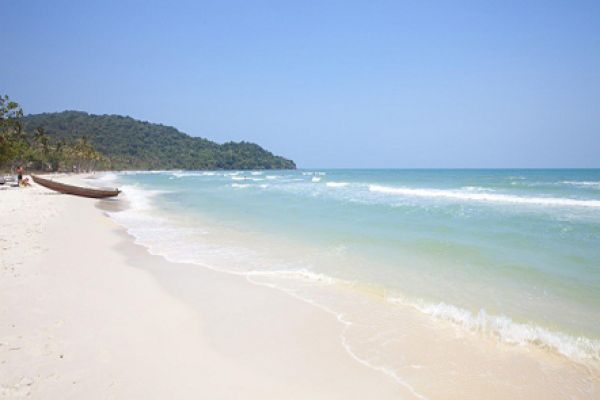
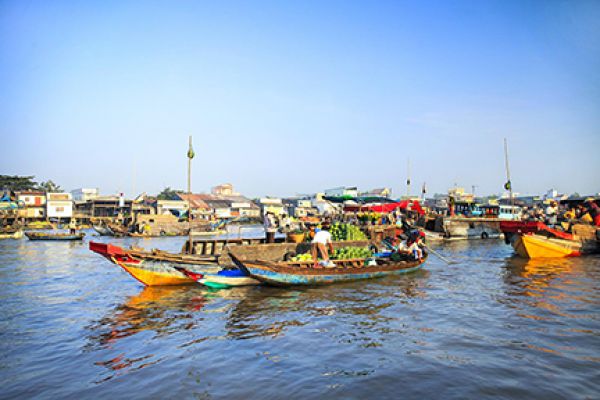

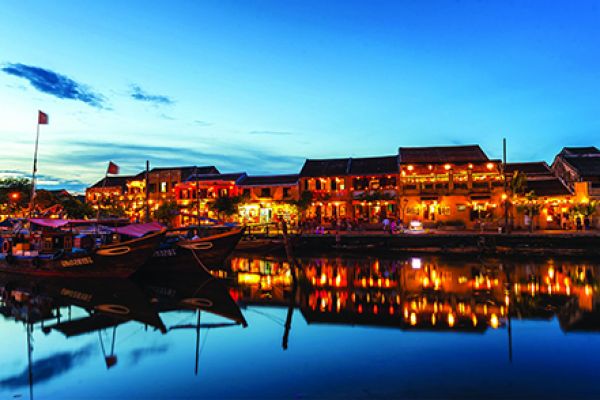
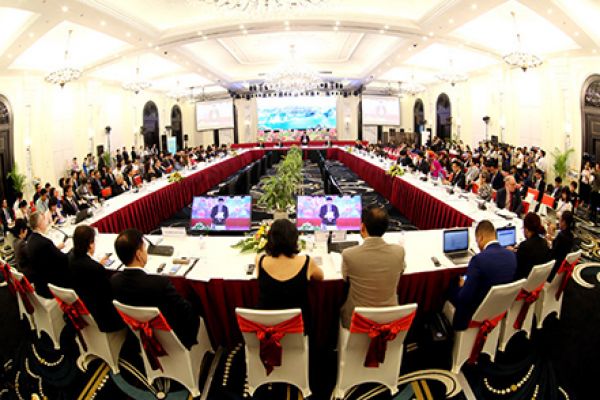
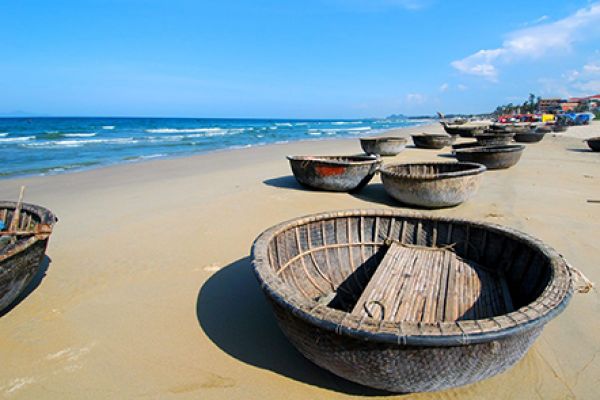
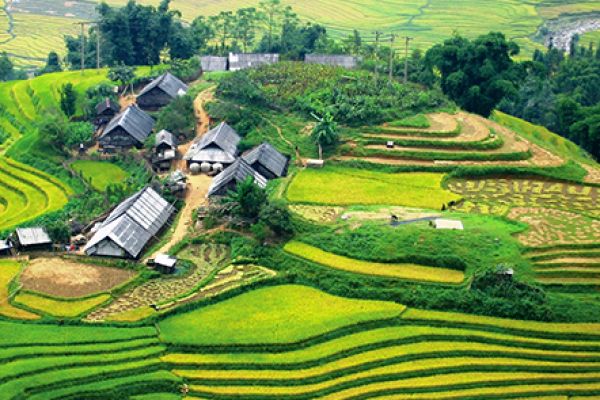
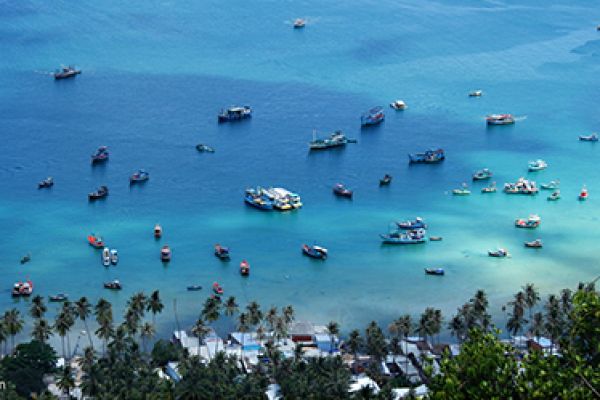
(84-63) 3 826042 – (84-63) 3 511142
No 54 Nguyen Dinh Chieu, Ham Tien Central Mui Ne Beach Binh Thuan Vietnam
523 To Hien Thanh District 10 Ho Chi Minh City Vietnam
Ha Long Halong City Quang Ninh Vietnam
A13 Hung Thong 2 Halong City Quang Ninh Vietnam




